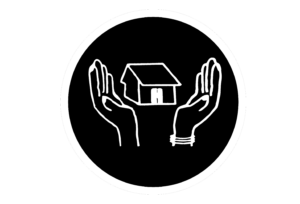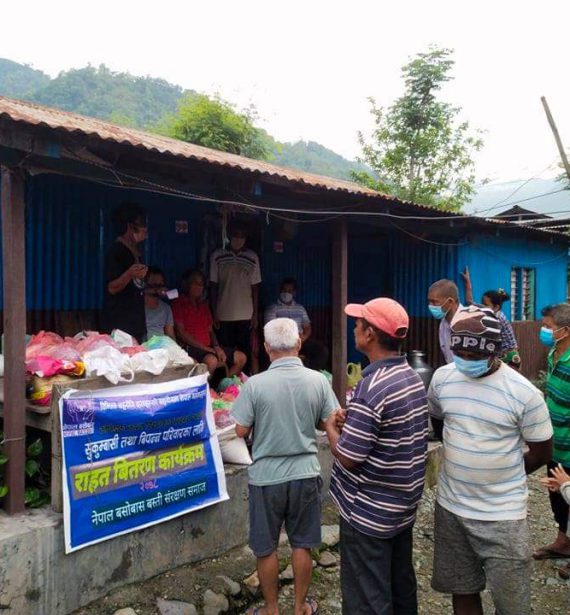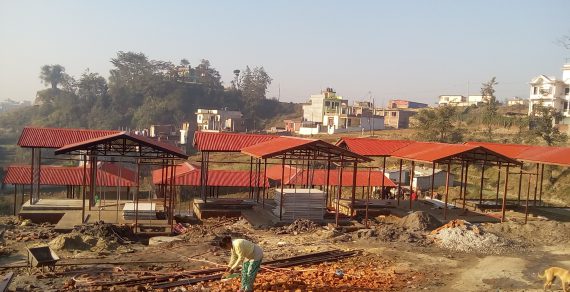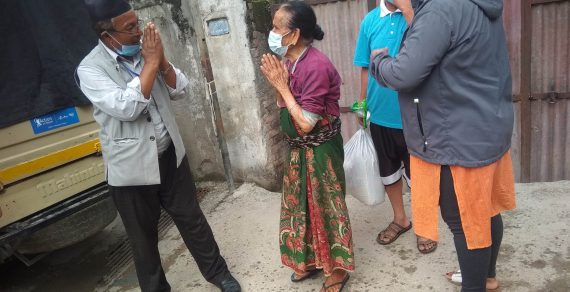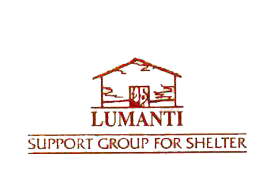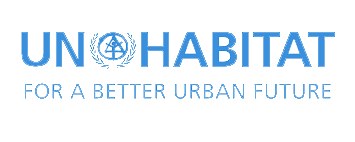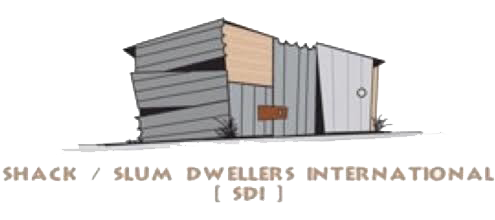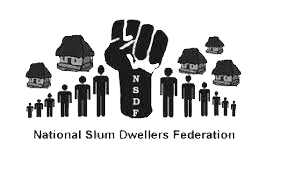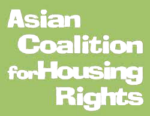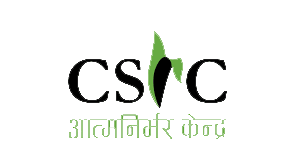Our Philosophy
‘Society for Preservation of Shelter and Habitat (SPOSH), or BASOBAS in short, meaning ‘shelter,’ is a national network of the urban poor across all seven provinces. SPOSH-Nepal was formed by the slum dwellers and informal settlements to serve and fight for their rights, welfare and security. Established in 1994, SPOSH-Nepal has a huge nation-wide network for slum and informal settlements with an active presence in more than 56 districts and 42 district committees.
With this, SPOSH is working to unite all slum dwellers to voice, struggle and work together for the betterment, welfare and security of the slum community. Since its inception, SPOSH-Nepal has been strongly advocating for the rights of slum people for adequate housing, land and tenure security, public amenities, social security, improved livelihoods, quality education, health and basic services.
Our Vision
To establish social, economic and environmental security of all slum dwellers and informal settlements along with improved quality-of-life and well-being.
Housing
Access to Affordable, Resilient and Sustainable Housing
Land
Access to Land and Land Tenure Security
Health
Access to Clean Water and Adequate Sanitation for All
Social
Establishment of Social Security
Environment
Protection from Natural Disasters such as Floods and Landslides
Our Members
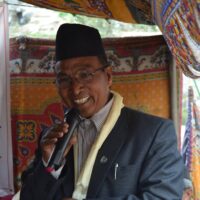
Hukum Bahadur Lama
Founder President
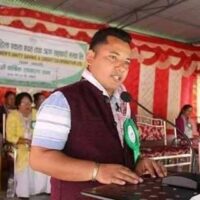
Kumar Karki
President
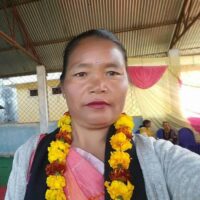
Dhan Kumari Ale
Vice President
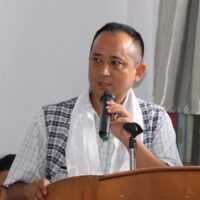
Raju Tamang
General Secretary
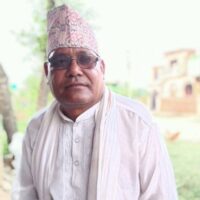
Resham Giri
Secretary
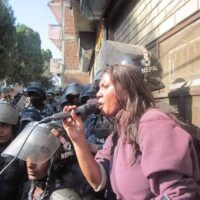
Smita K.C.
Treasurer
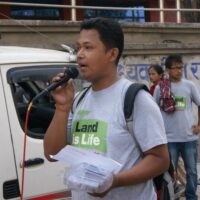
Moti Lal Lama
Vice Treasurer
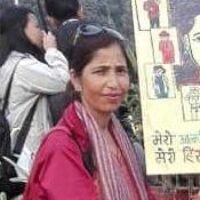
Bhagbati Gautam
Executive Board member
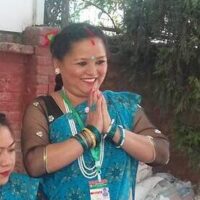
Naina Thapa
Executive Board member

Dr. Sabin Ninglekhu
Advisor / Life time member
Frequently Asked Questions
The Sukumbasis have been historically and systematically marginalized by the Nepali state. Land and citizenship and their nexus, is at the center of marginalization. Sukumbasi communities have no land title. In the absence of land title, even if one holds formal citizenship status (many do not), one cannot exercise full citizenship rights, such as the right to electricity and water supply.
Urban poor are those communities who lack land ownership certificate, landless and people living in informal settlements.
There are around five million people (1.3 million households) in Nepal who can be categorized as landless; a large proportion of landless people live in squatter, ‘abyawasthit’ (meaning ‘un-managed’), slum, non-formal/informal land (source: SPOSH’s National level conference in 2074 BS)
About 30-35% of the landless population, broadly called ‘sukumbasi’ (‘landless’) in Nepali, live in the rural areas, whereas 65-70% are residing in the urban areas.
- Voter Identification card
- Citizenship certificate
- House Number provided from government local ward level committee
- Electricity and Drinking water bill
- Commitment letter from different political parties
- Family identification card provided by the municipality
- Different types of certificate from government local ward level committee
- Provide land ownership according to the settlement profiles of communities.
- Rural squatters, and landless settlements should get ownership of land for housing and agricultural purposes whereas urban squatters, landless and informal settlements should get land for housing.
- Informal settlements residing in high-risk areas should be relocated in consultation with the communities’ people but those communities which are risk free should provide landownership certificate within that communities.
- The policy of evicting squatter, landless and Informal settlement without agreeable alternatives must be removed.
- One house for one family.
- Facilities of quality education must be assured for squatter, landless and informal settlement.
Show your solidarities through supporting us in our cause in different social media.

